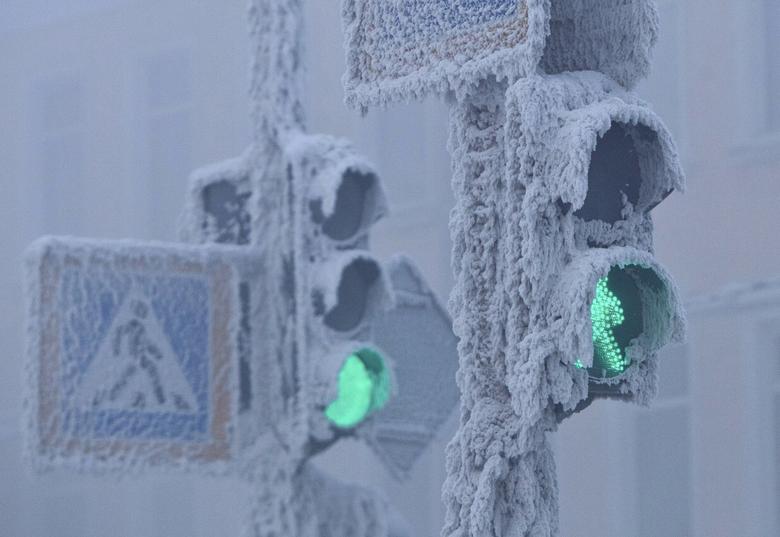
EUROPEAN GAS WINTER

The ongoing crisis in Ukraine and the rift between the EU and Moscow has resulted in increased anxiety amongst policy makers in the Southeastern European countries that are going to be severely affected in the event of a gas shortage this coming winter. Energy analysts and experts across Europe warn that a halt in the flow of natural gas towards the EU will be associated with a steep increase in spot prices in all major hubs of the continent, whilst LNG prices will also climb to levels of around 50% or even more than what countries such as Greece or Bulgaria currently pay.
Already the Greek energy minister has publicly claimed that the chances for an eventual stoppage of the gas flow are as high as ever. Greece gets around 70% of its gas needs for Russia, while Bulgaria 100%, with Serbia, Hungary, Austria, Slovenia, Slovakia, Turkey and the Czech Republic falling somewhere in between. Should there be a gas shortage, said countries will turn to acquiring LNG from the international markets, which are already busy supplying Asia. Big producers such as Qatar, Nigeria and Algeria have outstanding and stable contracting obligations with their partners. That means a steep price increase within the available quantities, while it can be certain that larger markets such as the UK, France, Italy and Germany will have the chance to actually receive the seaborne quantities themselves, leaving little space for maneuvering for Balkan and Central European markets.
The Greek state is considering allocating funds of around €150 million, which according to the 'stress tests' in review would be available for some 300 mcm of LNG, barely enough to cover vital industrial processes and little to withstand the whole winter season as the bulk of Greece's annual consumption, some 4 bcm per annum, takes place between December and March. Similar figures are seen for the neighbouring countries.
The Greek authorities have already warned that in the event of a gas cut-off of deliveries from Russia, households will be hit with gas shortages for extended periods. Moreover the local energy ministry has recently requested from the European Commissions' DG Energy to enact a "Coordinating mechanism for LNG supply" that would prioritize and organize LNG deliveries to the EU member states when needed in order to avert a collapse of the whole gas flow system. According to the perspective from Athens the mechanism will have an LNG supplier list in one hand and a catalogue of national gas needs on the other.
Further the whole plan details for an enchased role of the EC into coordinating the whole effort through its expertise and funds in order to shift LNG shipments where and when needed. The plan calls for an electronic platform that is going to be updated in a fast mode regarding, shipments, prices, transactions and routes.
Nevertheless, it has to be noted that the sheer volume of gas to be missing in case of a total stoppage from Russia will amount to perhaps more than 100 bcm for the whole of Europe and Turkey and these amounts are simply impossible to be met by LNG suppliers who also have to meet their obligations towards Japan, Korea and China who actually pay a much higher price tag for the same product than European buyers. Moreover the LNG capacities in Greece are not adequate at the moment to absorb shipments on par with the flow of gas coming from the pipeline. Also Bulgaria and Serbia do not have LNG infrastructure, as well as most countries in the EU. Lastly alternative suppliers such as Azerbaijan and its Southern Corridor scheme which includes TANAP-TAP has not even started yet, thus there is no realistic alternative for the flow to be missed.
In short, in the unlikely event of a gas flow interruption, a power failure in economic, political and societal terms is looming across Europe.
naturalgaseurope.com





